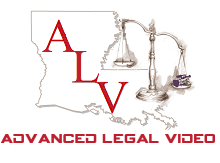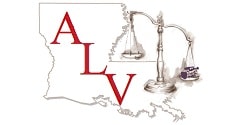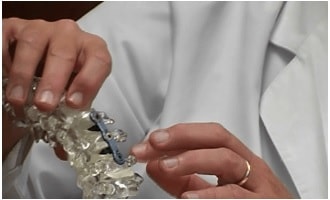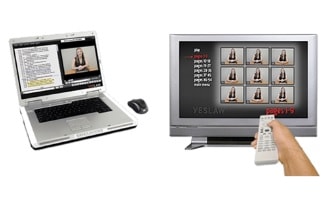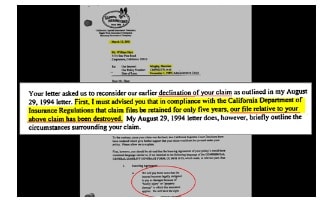FREQUENTLY ASKED QUESTIONS
A. Why video a deposition?
Video captures pauses, body language, inflection, and facial expressions; all critical components to communication which are otherwise lost.
B. Why hire a videographer?
Federal Rules of Civil Procedure require that a disinterested third party record video testimony in order for the recorded testimony to be admissible in court.
C. Does a videographer replace a court reporter?
Videographers work in tandem with court reporters and certainly do not replace them. The court reporter is the only participant in a deposition qualified to produce an official transcript.
A. Can't I use a camcorder to videotape a deposition?
It comes down to THE MOMENT of facial expression, THE MOMENT of zooming in on a ruptured disc, THE MOMENT the tone of voice or inflection was more important than what was said. If you miss that moment - if you just clicked record on an unmanned camcorder - that moment is gone forever.
B. Will an onboard microphone pick up the audio in a deposition?
Cheap equipment will pick up buzzes, can't be adjusted when someone whispers and can't be monitored for over-modulation. Professional videographers always use multiple high-quality microphones and continually monitor them for volume levels, clarity and unwanted noise. The result is crisp, clean and understandable audio.
C. What will show up on the video screen?
We only film the witness and any referenced exhibits during the deposition. When necessary, background distractions are eliminated by using a backdrop placed behind the witness.
D. What happens if your recording equipment malfuntions?
Our videographers double master video recordings (two originals on two different devices) and continually monitor them to guarantee a good recording. In the rare event of equipment failure, we have backup contingencies in place and backup equipment on site so the deposition can continue.
A. Will electronic equipment pose a distraction to the jury?
Today, most people expect to see and hear testimony and exhibits the way they see it on TV. If set up correctly the portable monitors and document cameras will look appropriate for the setting.
B. Can you edit a video for trial?
If rulings are made, we can prepare an edited video with agreed upon redactions. This video can be played in its entirety at trial. If rulings are not made in advance, we can still assist you in court by addressing objections on-the-fly if the video and transcript have been synchronized.
C. Can you accommodate my visual aids?
We provide a wide range of software and equipment options specifically tailored to your exhibits and presentation style.


